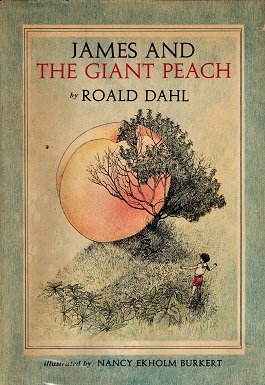Sigrid Undset
Explore the comprehensive timeline of Sigrid Undset, the acclaimed Norwegian author. From her early life and literary career to receiving the Nobel Prize in Literature in 1928, this timeline details her significant contributions to literature and her enduring legacy.
Birth of Sigrid Undset
Sigrid Undset was born on May 20, 1882, in Kalundborg, Denmark, into a family with Norwegian roots. Her father, Ingvald Martin Undset, was an archaeologist, which influenced her interest in history and medieval themes that later became prominent in her work. The family moved to Norway when she was just two years old, and she grew up in Kristiania (now Oslo).
Debut Novel Published
On January 31, 1907, Sigrid Undset published her debut novel, Fru Marta Oulie. The novel begins with the protagonist's confession of infidelity and boldly explores the theme of marital discontent. This work marked the beginning of Undset's prolific writing career and was noted for its unflinching psychological insight, setting the stage for her future success in mainstream literature.
Conversion to Catholicism
In 1919, Sigrid Undset converted to Catholicism, a decision that deeply influenced her subsequent writings. Her conversion came during a period of personal searching and philosophical change and was reflected in her detailed and reverent depictions of Catholic faith in novels like Kristin Lavransdatter. Her religious beliefs became a defining aspect of her identity both personally and professionally.
Publication of Kristin Lavransdatter
On November 11, 1920, Sigrid Undset published the first volume of her seminal work, Kristin Lavransdatter. This trilogy, set in medieval Norway, explores intricate themes of religion, fidelity, and the joys and sorrows of life as experienced by the eponymous heroine. This work is considered a masterpiece of historical fiction, showcasing Undset's ability to weave a rich narrative with historical accuracy.
Completion of The Master of Hestviken
Sigrid Undset completed her historical tetralogy, The Master of Hestviken, on December 25, 1924. Similar to Kristin Lavransdatter, this series is set in medieval Norway and focuses on personal and moral struggles. This work further cemented Undset's reputation as an author skilled in crafting compelling narratives enriched with historical detail and psychological depth.
Nobel Prize in Literature Awarded
Sigrid Undset was awarded the Nobel Prize in Literature on November 10, 1928. The Swedish Academy praised her 'powerful descriptions of Northern life during the Middle Ages,' as exemplified in her trilogy, Kristin Lavransdatter. This recognition solidified her place as one of the most important literary figures of her time and brought international attention to her work.
Honorary Degree from Smith College
Sigrid Undset received an honorary degree from Smith College on April 30, 1930, in recognition of her massive contributions to literature. This honor reflected her significant influence as an international literary figure, especially noted for her portrayals of medieval Scandinavian life and exploration of profound human themes. It was during an era when few women were recognized at this academic level.
World War II and Escape to the United States
On April 9, 1940, Nazi Germany invaded Norway, prompting Sigrid Undset to flee the country. A staunch anti-fascist, Undset's works were banned in Nazi-occupied Norway. She managed to escape to the United States, where she lived in exile until 1945. During this period, she continued to speak out against the Nazi regime and supported the Norwegian resistance.
Return to Norway After World War II
Sigrid Undset returned to Norway on March 11, 1947, after spending the war years in exile in the United States. Her return was met with significant public interest as she was one of Norway’s most celebrated authors, deeply respected for her literary contributions and her resistance to the Nazi regime. Undset's wartime experiences informed her later works and public engagements.
Death of Sigrid Undset
Sigrid Undset passed away on June 10, 1949, in Lillehammer, Norway, where she had spent her final years. Her death marked the end of a prolific career as a writer whose works encompassed themes of faith, love, and history. She left behind a legacy as a pioneering author who vividly portrayed human dilemmas set against historical backdrops.
Frequently asked questions about Sigrid Undset
Discover commonly asked questions regarding Sigrid Undset. If there are any questions we may have overlooked, please let us know.
When was Sigrid Undset born?
What were Sigrid Undset's contributions during World War II?
When did Sigrid Undset win the Nobel Prize?
What are some major milestones in Sigrid Undset's writing career?
Related timelines
More timelines connected to Sigrid Undset







